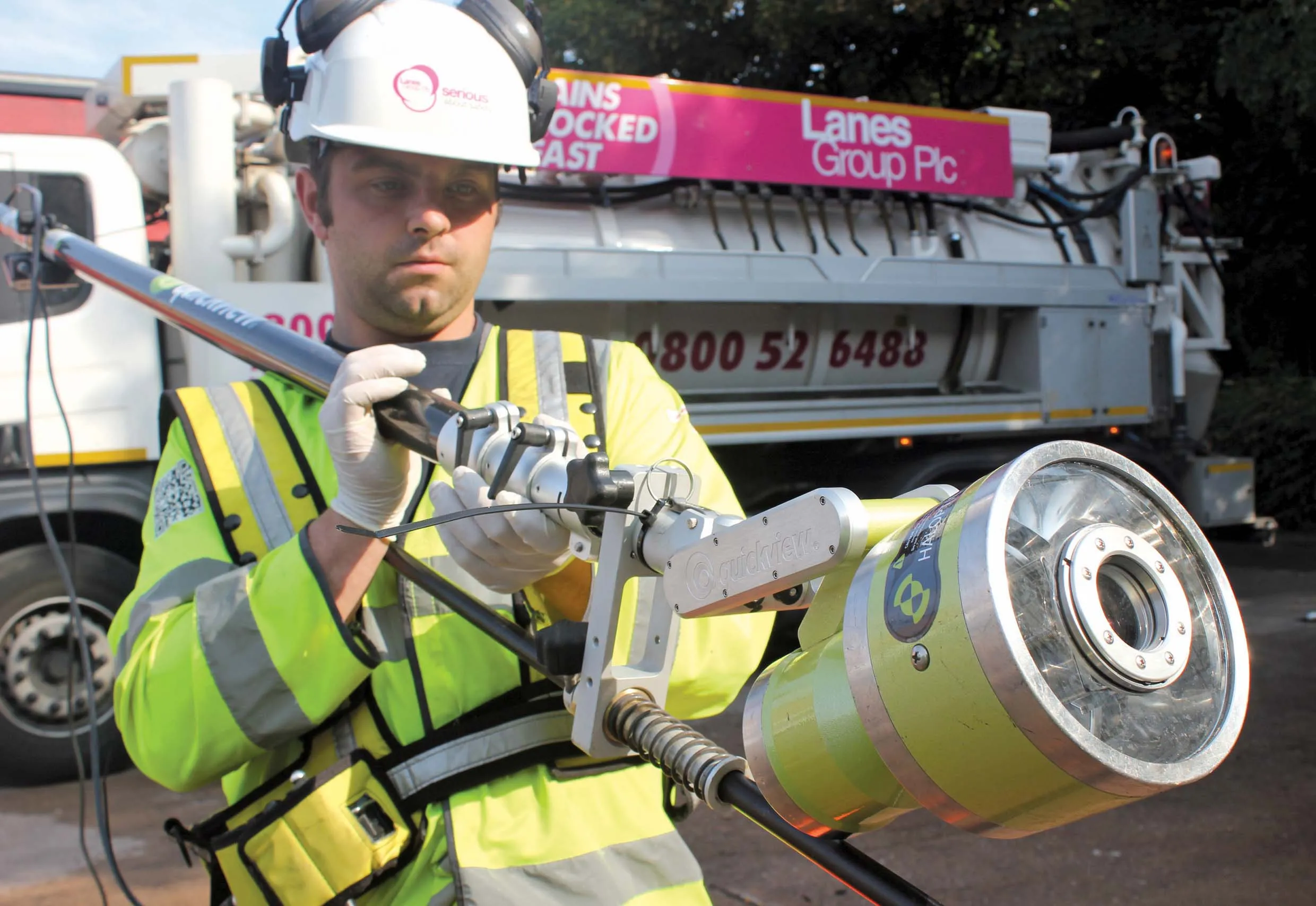The results of a European traffic study should surprise few UK drivers. According to the research by Inrix, the UK has Europe’s most congested roads. The study evaluated traffic densities in 123 major cities across Europe and revealed 20,375 areas in the UK where traffic congestion is a problem. By comparison Germany had less than half as many areas where traffic is a problem. This is in spite of the fact that Germany has a significantly higher population than the UK.
According to the study, a spot where
November 30, 2016
Read time: 2 mins
The results of a European traffic study should surprise few UK drivers. According to the research by 5367 Inrix, the UK has Europe’s most congested roads. The study evaluated traffic densities in 123 major cities across Europe and revealed 20,375 areas in the UK where traffic congestion is a problem. By comparison Germany had less than half as many areas where traffic is a problem. This is in spite of the fact that Germany has a significantly higher population than the UK.
According to the study, a spot where traffic congestion is an issue is a section of road for which a driver has to reduce speed by 65% for a minimum of two minutes. The data used in the research was collated using information from on-board GPS systems and cellphones during September 2016. The study evaluated traffic in cities with populations of 250,000 or more. In the UK, 21 cities of the required size had 20,375 areas of congestion, compared with 8,517 congestion spots in 27 German cities, 5,069 spots in 12 Italian cities, 1,844 spots in nine French cities and 2,335 spots in 16 Spanish cities.
The most congested section of road in Europe is Hamburg’s A7 Autobahn. In the UK, the M25 around London and the A720 Edinburgh bypass suffer the most frequent delays. The M25 in particular carries 250,000 vehicles/day, with the section between Junctions 15 and 16 having the most frequent hold ups for drivers.
The UK Government is planning to spend £1.3 billion on improving the road network, with £220 million being targeted at cutting congestion on sections known to suffer delays.
According to the study, a spot where traffic congestion is an issue is a section of road for which a driver has to reduce speed by 65% for a minimum of two minutes. The data used in the research was collated using information from on-board GPS systems and cellphones during September 2016. The study evaluated traffic in cities with populations of 250,000 or more. In the UK, 21 cities of the required size had 20,375 areas of congestion, compared with 8,517 congestion spots in 27 German cities, 5,069 spots in 12 Italian cities, 1,844 spots in nine French cities and 2,335 spots in 16 Spanish cities.
The most congested section of road in Europe is Hamburg’s A7 Autobahn. In the UK, the M25 around London and the A720 Edinburgh bypass suffer the most frequent delays. The M25 in particular carries 250,000 vehicles/day, with the section between Junctions 15 and 16 having the most frequent hold ups for drivers.
The UK Government is planning to spend £1.3 billion on improving the road network, with £220 million being targeted at cutting congestion on sections known to suffer delays.






